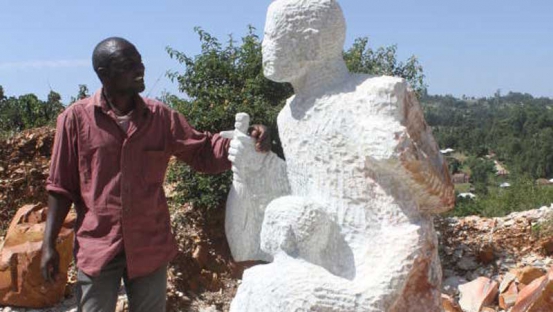×
The Standard e-Paper
Kenya’s Boldest Voice

For years, soapstone curving has been a lucrative venture for hundreds of South Mugirango residents in Kisii County, but not until middlemen, perceived as contributing to high unemployment and poverty rates, raided the market.
The locations around the Tabaka Quarry had become a robust economy with every family assured of livelihood.